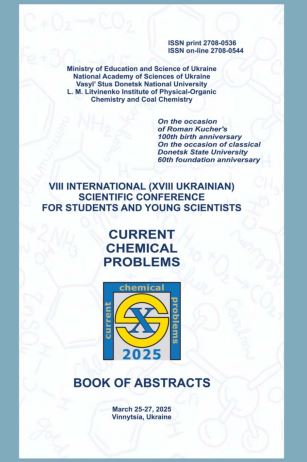Enhancing lithium-ion battery electrodes: the role of [60]PCBM in carbon nanofibers for energy storage improvement
Анотація
In the modern automotive industry, electrochemical batteries, particularly lithium-ion batteries, are becoming increasingly important. The objective of this research is to enhance the quality of these batteries by improving the electrodes, which typically consist of various types of carbon. A promising approach for this purpose is to convert carbon into nanofibers through electrospinning, thereby increasing the surface area available for the adhesion of lithium ions. Since a purely electrical two-layer capacitance (EDLC) has energy density limitations, adding pseudo-capacity using Faraday reactions allows for a significant increase in stored energy while maintaining a high charge/discharge rate. This can be achieved by including various components, such as electron donors and acceptors, which can undergo oxidation or reduction. For example, Ayaganov Z. with colleagues compared various carbon additives, including pure fullerene (C60). Their results obtained showed that C60 was unpromising, since its effectiveness was minimal.

